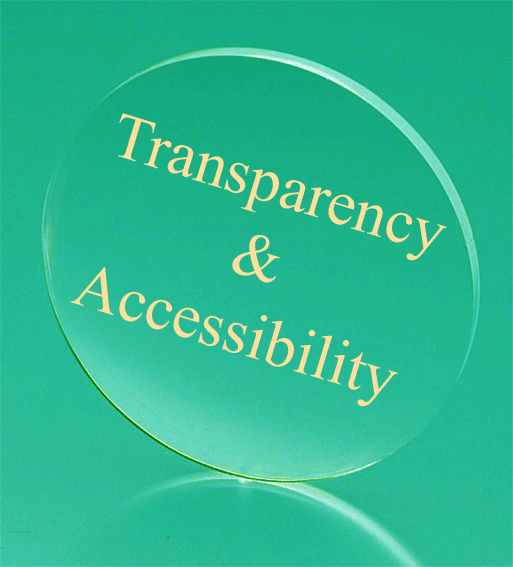 A study in the American Journal of Pharmaceutical Education (Vol: 73, Issue 06, Article: 104) took a look at issues related to Facebook usage, accountability, privacy, online image and e-professionalism among students entering pharmacy school
A study in the American Journal of Pharmaceutical Education (Vol: 73, Issue 06, Article: 104) took a look at issues related to Facebook usage, accountability, privacy, online image and e-professionalism among students entering pharmacy school
The study was conducted via a questionnaire consisting of 21 questions administered to 299 incoming pharmacy students. Of the 299 students surveyed, 244 (88%) had an existing Facebook profile. The average daily time spent of Facebook was approximately 22 minutes.
One of the most troubling aspects of college students and Facebook is the apparent disconnect on their opinions of fair use’ of Facebook profiles by others and the reality of their open access nature. With regard to employers, Facebook provides information that resumes, transcripts, and interviews may not provide. While a literature review revealed no research on if/how employers of doctor of pharmacy (PharmD) graduates use online social networking information in hiring decisions, general population studies suggest that 11% of all employers access interviewees’ Facebook profiles during the hiring process.9 Over half (57%) of the pharmacy students in this study with Facebook profiles indicated that it was unfair for employers to use this information, and 36% have posted some type of information that they would not want potential employers to see. These results suggest that many pharmacy students do not have a full understanding of what constitutes private versus public information and/or of the possible ramifications of making private information public. One might not want behaviors and attitudes from private settings to be used in judging professional or career-related abilities; however, once private actions become public, the distinct private life (as has been traditionally defined) ceases to exist. Because of the rapid onset of technologies that have created and popularized online personas, society has yet to adjust to this new paradigm. Philosophically, many of us are now struggling with how to delineate between public and private with regard to personal information freely provided in online settings. Until society is able to grasp the new paradigm, further discussion on online identity protection is warranted.
It’s pretty simple really; don’t put anything online that you don’t want the entire world to see. Yeah, the internet is that big. The creation of the internet, and specifically social media, has created a system that is completely transparent and available to anyone with online access. You can’t hide online.
Leave a Reply